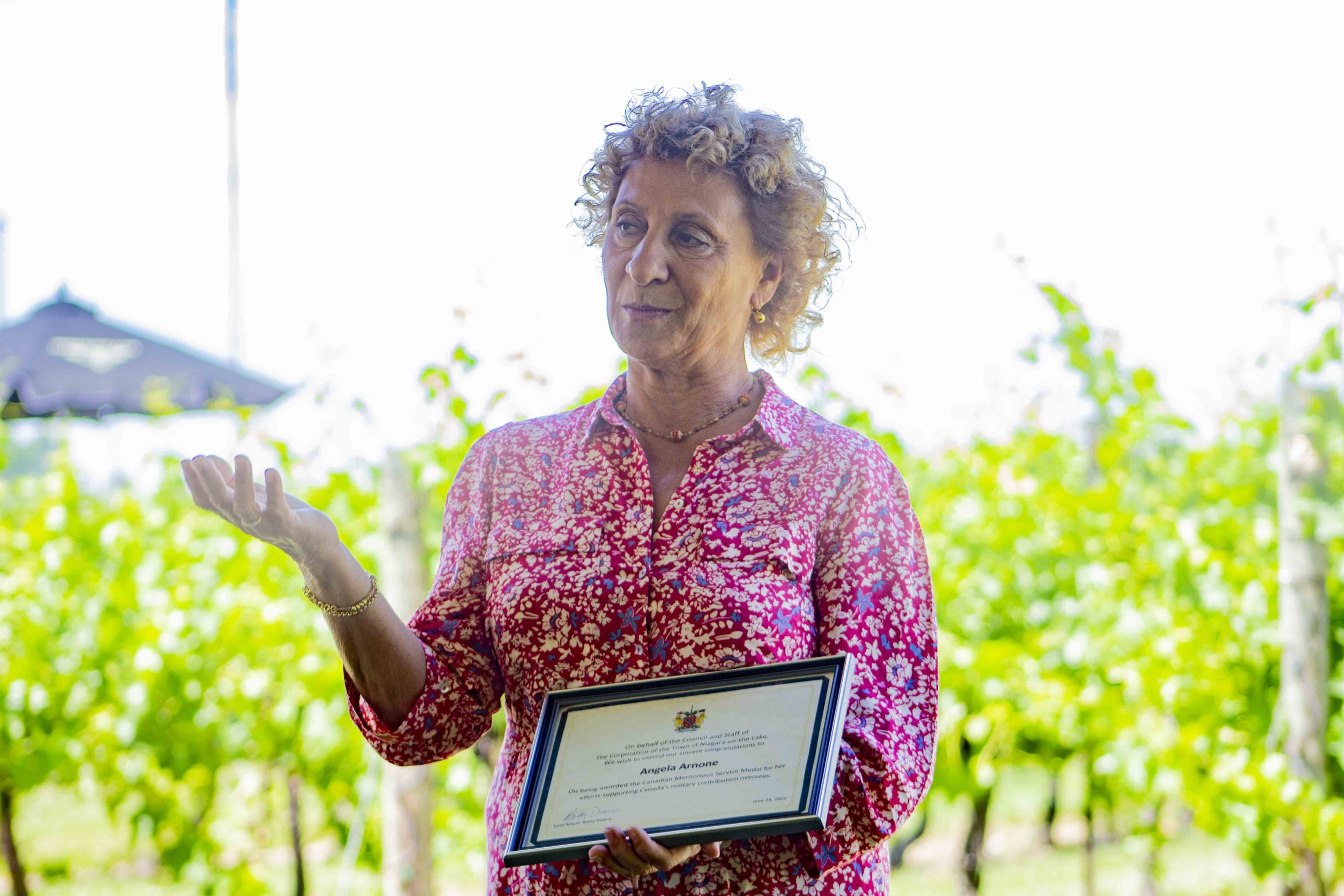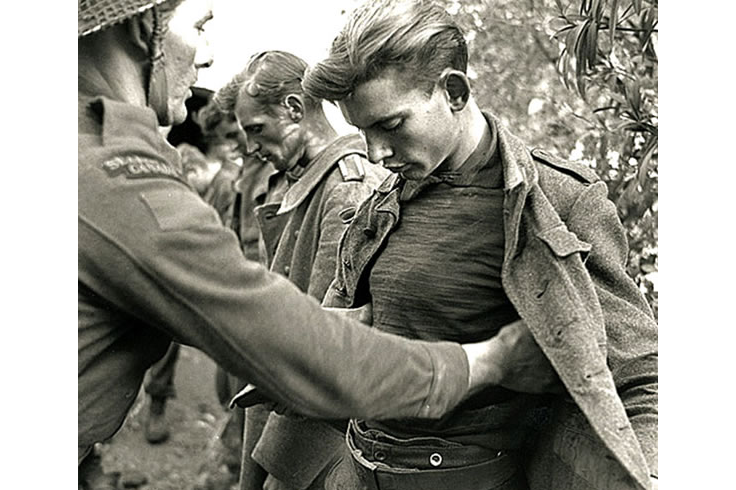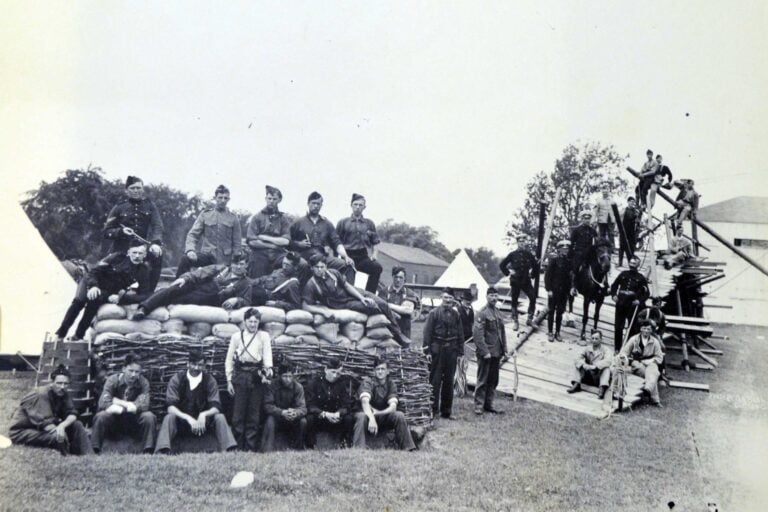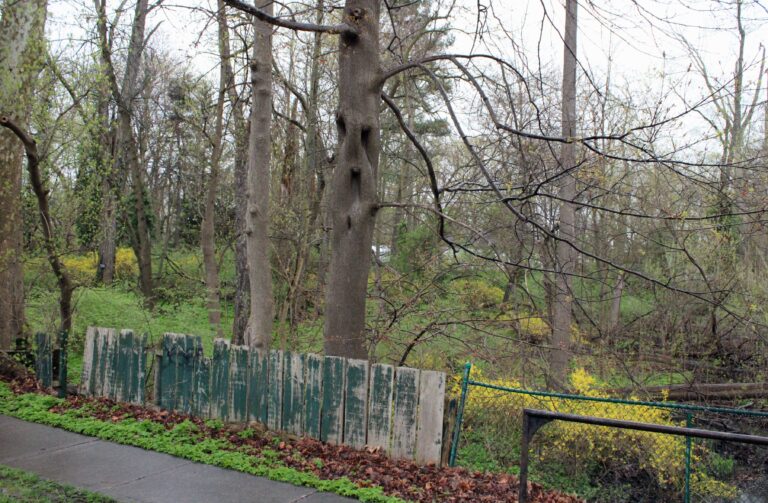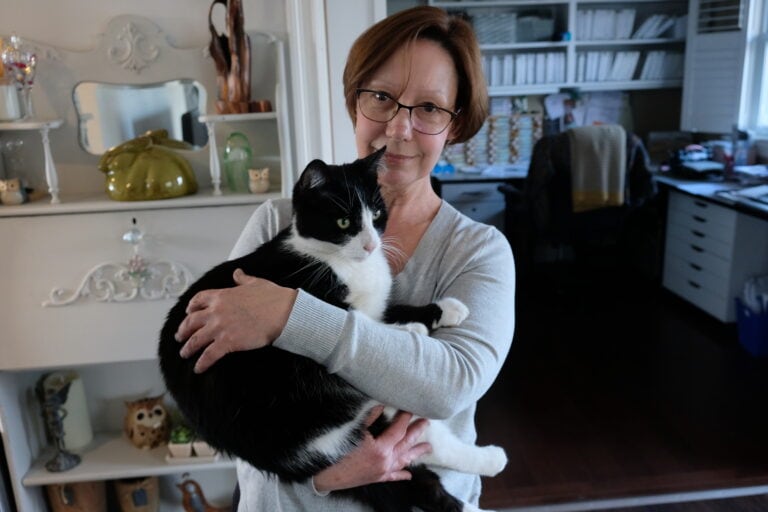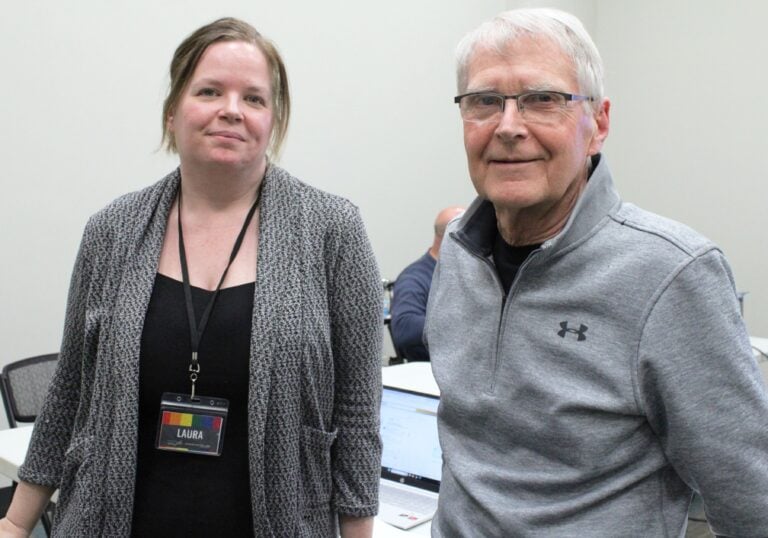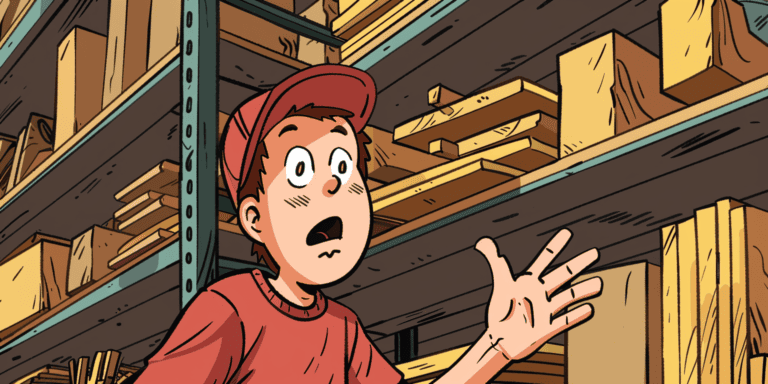First in a series
In a small seaside town in Italy in 1943, Canadian soldiers gave their lives fighting to free the country from the Nazis during the Second World War.
It was one of the most difficult combat actions the Canadian forces would face: The Battle of Ortona.
A small group of people gathered at Inniskillin Wines in Niagara-on-the-Lake to hear the story of at least one Italian who wants to ensure the Canadians’ sacrifice is never forgotten.
“Ortona was the bloodiest, most frustrating and most depressing battle for the Canadian army and certainly the biggest battle honour,” Angela Arnone told the assembly of residents, veterans and members of the Royal Canadian Legion Branch 124.
Arnone, a professional translator from Ortona, was invited to receive an award on July 2 from Lord Mayor Betty Disero and share her story.
She also was awarded a Meritorious Service Medal by the governor general in 2021 for her decades of work. She has organized celebrations, translated books and erected plaques, monuments and a cenotaph to commemorate the Battle of Ortona.
Arnone was born raised in the United Kingdom before moving to Italy and holds a dual citizenship.
She told the story of the cold December battle and a momentary respite on Christmas.
On the 25th of December, amid constant fighting, shelling and death, Canadian soldiers gathered for a meal.
“In a bombed-out church at Santa Maria di Constantinopoli, members of the Seaforth Highlanders gathered in shifts for a Christmas dinner a few blocks from the fighting,” according to an article on the battle on veterans.gc.
Two musicians took it turns to perform Christmas carols on the church organ, “to play enough music to keep them cheerful and get their spirits raised so that they could go back into the fray,” said Arnone.
For many of the Canadians, the dinner celebration was one of the last earthly moments they had. There was no ceasefire that Christmas.
“The troops came in rotation to eat their pork and applesauce, their mixed vegetables, their Christmas pudding, their chocolate bar, their two oranges and two bottles of beer,” said Arnone.
“Then went back to the front and many of them died immediately after eating. You will find them buried at the (Moro River Canadian War Cemetery) and the date of death is Dec. 25, 1943.”
More than 500 Canadians died in the battle. There are more than 6,000 Canadian soldiers buried on the Italian peninsula and 1,375 of them lie in the Moro cemetery in Ortona.
“We really do respect what (Canadians) did and it cannot be forgotten,” Arnone said.
For NOTL Legion president Al Howse, it was a revelation to hear how grateful the people of Ortona are for the Canadians who laid down their lives on the road to liberation.
“This is actually an eye opener for me that the Italian population has that same feeling (as other European nations) about what the Canadians and the Allies did,” Howse said.
“You realize that it was universally important. All of Europe needed to be liberated and it was very important that the Canadian soldiers and everyone else went to do that job.”
Arnone said it has recently been discovered that some of the soldiers who fought in Ortona were Indigenous. At least 12 have been identified.
“So, we’ve started to celebrate them specifically because for a long time we just didn’t know. It’s very important for us to be able to honour them as well.”
Arnone said her home town is sort of like Niagara-on-the-Lake.
“It’s a town very similar to NOTL, with acres and acres of vineyards and a decent lifestyle. It’s a very decent place to live. It’s not rich but it’s dignified,” she said.
“And we have to thank all those Canadian boys and women for that. They didn’t know that they were saving our lives before we were even born and that’s what’s incredibly important.”
“And that’s why we shall not forget — not ‘we can’t’ — we shall not forget.”
Next: A Christmas story from Ortona and the battle that claims 500 Canadian lives.



